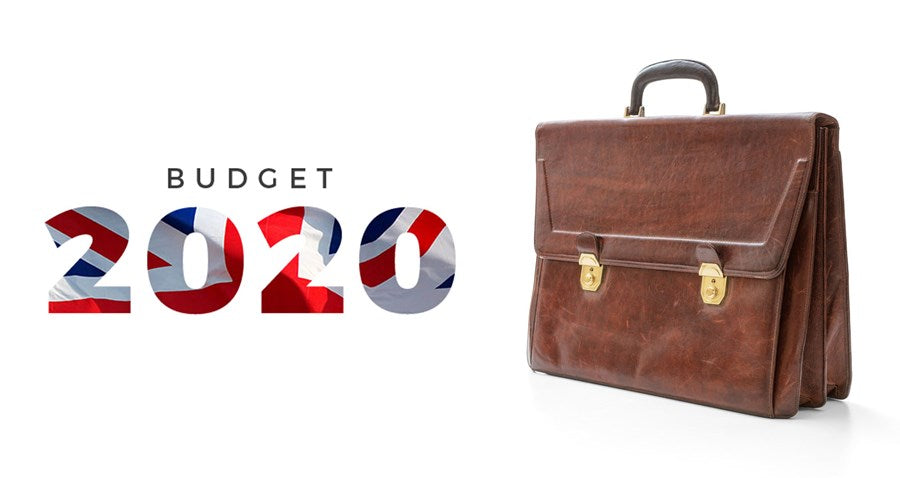
The Conservative Party's 59-page election manifesto contained very few tax increases to raise revenue for its spending plans.
The noteworthy tax announcements
- an £868 increase to the National Insurance Contributions (“NIC”) primary threshold to £9,500.
- No increases to income tax, NIC and VAT under a “Triple Tax Lock” policy.
The manifesto made no mention of Boris Johnson’s leadership pledge to increase the basic rate income tax band to £80,000. This measure would have given a tax cut of up to £6,000 but was estimated to cost the Treasury around £8bn. The proposal appears to have been dropped completely, and it’s difficult to now see if this measure will ever be introduced.
Summary of tax announcements:
Income tax
There will be no increase to income tax, the Conservatives have pledged.
National Insurance
The key tax cut announcement is the increase in the threshold for employees’ national insurance contributions to £9,500, with the ultimate ambition to bring the NIC threshold into line with the income tax threshold, currently £12,500. The costings summary that supported the manifesto suggests the alignment will not take place until 2024.
VAT
VAT, which is paid on goods and services, will be frozen at 20%. However, the 5% VAT payable on sanitary products, the so-called Tampon Tax, will be scrapped.
Corporation tax & business
The proposed corporation tax cut to 17%, due to take place from 1st April 2020, will now not take place. The corporation tax rate will remain at 19%.
The research & development tax credit is to increase to 13% and there will be a review on the definition of “research & development” to allow potentially more expenditure to qualify.
Increase in the Employer NIC employment allowance from £3,000 to £4,000.
An increase in structures & buildings allowance which benefits companies that invest in new or renovated commercial premises from 2% to 3%.
Other taxes:
- A 3% stamp duty land tax surcharge for non-UK resident buyers will be introduced for purchases of residential property (not commercial) and used to help fund measures to address rough sleeping.
- A review of the business rates system and a small business break.
- The introduction of a health immigration surcharge. Most non-EEA nationals applying for temporary leave to remain in the UK pay the surcharge for healthcare, in addition to the immigration application fee. The surcharge costs up to £400 a year. The Government plan to increase the charge to £625 and make EEA nationals pay, too.
- In an effort to tackle plastic pollution, there is a pledge to introduce a new levy to increase the proportion of recyclable plastics in packaging.
Finally, there’s a commitment to ‘review and reform’ Entrepreneurs’ Relief – so it seems reasonable to expect some new limitations/restrictions to this generous relief, which we had already flagged as a risk in our October newsletter, as a possible announcement in the cancelled November 2019 Budget. See our November newsletter.
Over the Christmas break a number of newspapers reported that The Treasury were considering increasing Capital Gains Tax and scrapping Entrepreneurs' Relief as a means of raising funds to pay for election promises. However, Treasury sources have dismissed the claims as speculation, but we have not seen anything other than press reporting to support the Treasury statement. The manifesto states reform, so hopefully this does not mean the relief will be abolished, but a review would indicate that any change will not be immediate.



